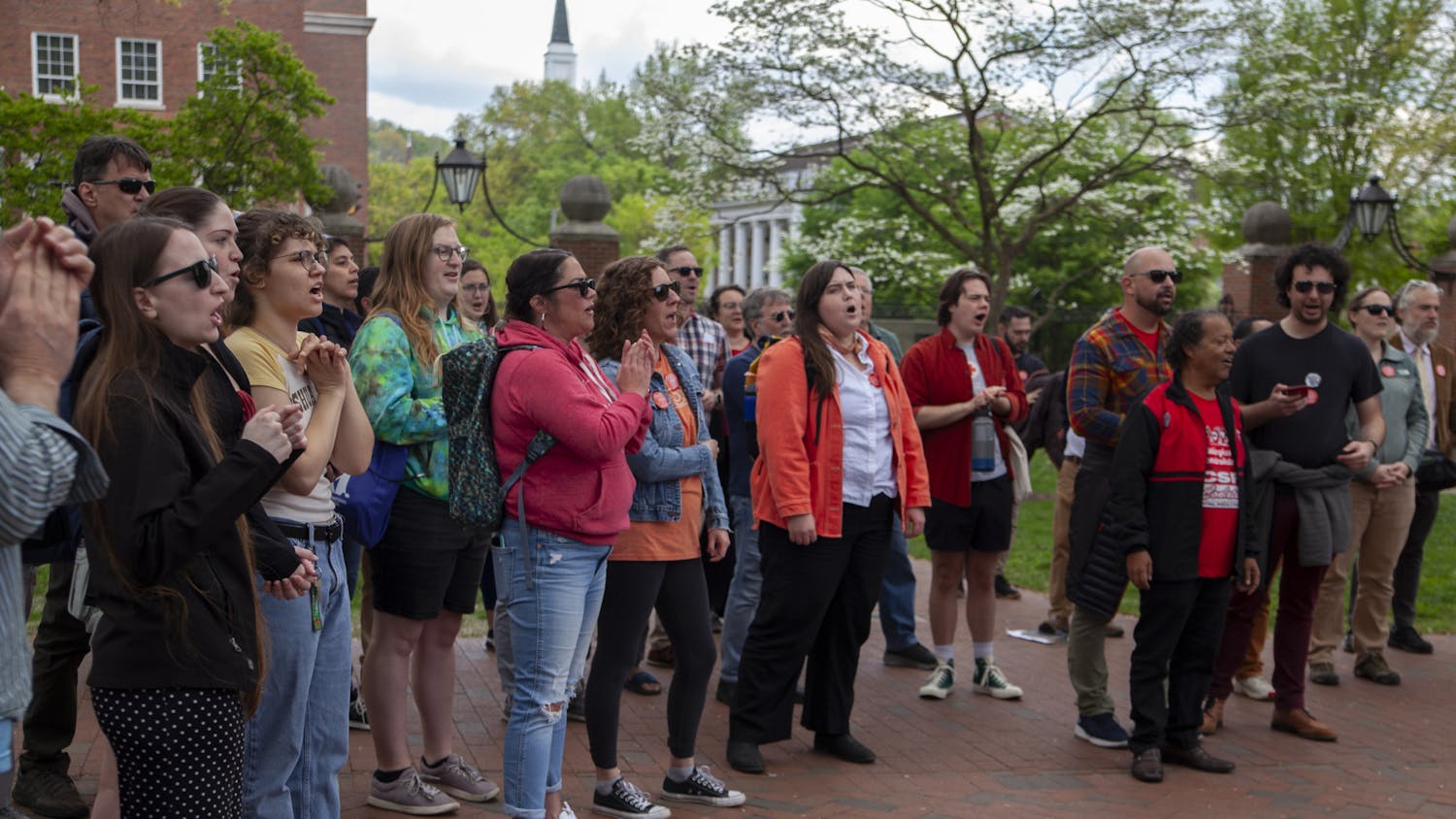Ayahuasca, sometimes translated as the vine of the soul, is a tropical vine native to the Amazon region, noted for its hallucinogenic properties, according to Oxford Dictionary, 2021.
A 2013 Ohio University Alumnus Nate Falkoff recently published a book with the soul vine as one of the main components. Falkoff’s novel, The Eagle and the Condor follow the storyline of two characters named Jeremy and Anna who partake in an ayahuasca ceremony in Ecuador.
Falkoff himself has participated in three ceremonies, which he called magic pilgrimages.
“It was almost like a summer camp and some people called it spirit camp,” Falkoff said.
He continued to describe the place as extremely beautiful, with hammocks and mountains all around. Falkoff says this first pilgrimage inspired the thoughts for his novel, but he did not start truly writing until after his second psychedelic ceremonial experience.
Falkoff felt the pull to buy a plane ticket to Ecuador to have this experience after moving back to Ohio. He says he felt his life fall into a rut. He had previously heard of this experience while living in Los Angeles but never felt the urge to participate before. Falkoff says once back in Ohio, despite having a good job and a partial resolution to his health issues, he was still feeling like something was not right.
“It changed my life…personally it made me come out of a victimhood mindset, where I don’t have any control...I don’t know what I’m doing, to a mindset of I got this. I get to choose. Whatever I want, I can make happen,” Falkoff said.
He said his depression, anxiety and struggle with Lyme disease all disappeared over the next two months.
Over the next two years after experiencing his second Ayahuasca ceremony Falkoff wrote his book. He took a youthful love for Jurassic Park and turned his experiences at the spirit camp into a similarly themed book.
He explains in his author statement that “in retrospect, the frame was really just an attempt to reckon with, make sense of, and craft a narrative that could capture some of the highs, lows, and incredible personal transformations (he) experienced and witnessed.” He wanted to show his experience in a way that readers could bypass the stigma and just read a thrilling story to learn more about this experience.
In addition to publishing his book, Falkoff started a podcast discussing other’s experiences with ayahuasca. The podcast is a non-fiction source for people to gain insight into the experience. Psychedelics can be a touchy subject with the stigma surrounding it, but Falkoff’s goal is to diminish that stigma and help people learn about the positive benefits.
Falkoff says everyone he knows at the camps experienced initial positive benefits, but he admits he does not know what their lives were like after they left the camp.
Some college students believe psychedelics face unfair scrutiny and could potentially offer a good experience.
Kyle Burgess, a student at Lorain County Community College, had a similar experience to Falkoff in which he had what he calls “a mind reset” or “an update.” His experience helped him become more positive. Burgess thinks the ceremonies are a great way to experience this type of drug because it is in a safe environment.
“It can definitely help people because it opens them up to new ways of thinking,” Burgess said.
OU Alumna Allie Sprenger also agreed there is an unfair stigma around psychedelics. While she has never tried them herself, Sprenger said she would consider going to a controlled ceremony. After reading about the ceremonies, Sprenger said she thinks the experience could benefit her as she’s been diagnosed with a few mental illnesses and hates relying on medicine to feel “normal.”
“I think it would help me open my mind and to think more clearly and release a lot of my stress and anxiety,” Sprenger said in a message. “Even if it didn’t cure me all the way…it could help me be more aware and accept my situations.”
To access Falkoff’s book and podcasts visit https://www.natefalkoff.com/book.






